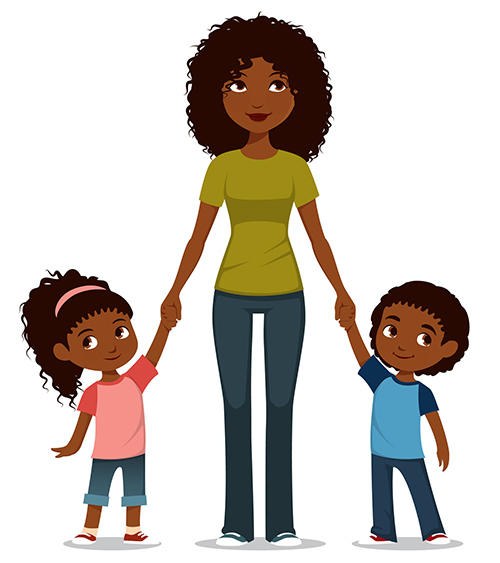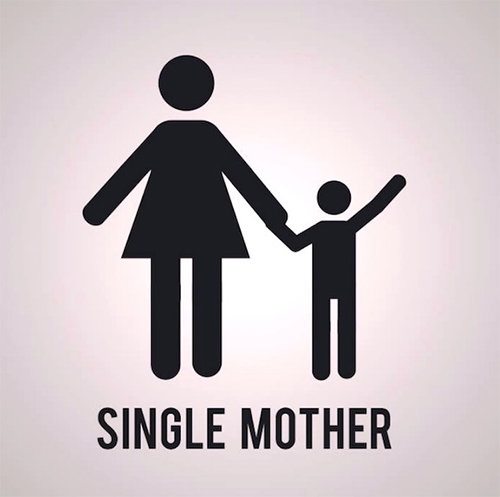Support for Single Mothers and their Children
Single mothers in the United States face a range of challenges that impact their economic stability, employment opportunities, and family well-being. Single-mother families are five times more likely to live in poverty compared to two-parent families, with nearly 30% living below the federal poverty level in 2022. Despite these financial hardships, about three-quarters of single mothers are employed, and most work full-time. However, they are often employed in low-wage jobs, making it difficult to secure financial stability.
Childcare is another significant hurdle, as single mothers frequently struggle to find quality, affordable options. Education levels also play a role; single mothers typically have lower levels of education than their married counterparts, which can limit job prospects and earning potential. The family structure is shifting as well, with around 15.18 million families in 2023 led by a female householder with no spouse present.
Additional challenges single mothers face include a lack of a formal safety net, interruptions in income, and societal stigmatization and judgment. These factors combined create a complex environment for single mothers, necessitating increased support and resources to help them and their children thrive.
Financial Assistance Programs:
The foundation partners with local charities and assistance organizations to support single mothers in meeting their immediate needs, including housing, education, healthcare, and childcare. Future initiatives will include scholarship programs and vocational training opportunities to empower single mothers economically, promoting long-term self-sufficiency.
Counseling and Mental Health Services:
The foundation provides access to professional counseling services for single mothers, focusing on emotional support, self-esteem building, and overall mental health. These programs help mothers manage stress and foster resilience, contributing to their personal growth and family stability.

Legal Aid and Advocacy:
The foundation partners with legal professionals and organizations to guide single mothers in navigating legal processes, offering resources for legal aid and advocacy. These efforts aim to support mothers in securing their rights and accessing the resources they need.
Community Awareness Campaigns:
Through educational initiatives, the foundation raises awareness about the challenges single mothers face. These campaigns aim to destigmatize single parenthood, promote empathy, and build a supportive community that recognizes and addresses the unique needs of single mothers and their children.
Childcare Support:
Understanding the critical need for accessible childcare, the foundation collaborates with childcare facilities and professionals to enhance the availability of quality, affordable childcare services. This support enables single mothers to work or pursue education, ensuring their children’s well-being.

Empowerment Programs:
Empowerment initiatives focus on building confidence and skills among single mothers, helping them regain control over their lives. Workshops, training programs, and mentorship opportunities create a supportive network that encourages personal and professional development.
Follow-up
The foundation is dedicated to the ongoing support and development of single mothers. With the help of partner organizations, follow-up programs track progress, provide continuous assistance, and ensure sustained empowerment and self-sufficiency.
Through these comprehensive initiatives, the Russcheer Foundation aims to support and uplift single mothers, fostering an environment where they and their children can thrive with dignity and resilience.




